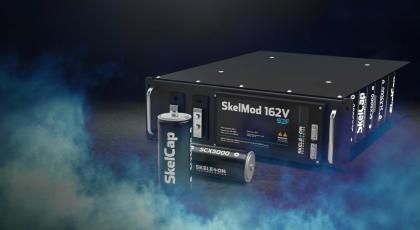Haydale announces project with Viritech to develop graphene-enhanced epoxy resins for hydrogen storage vessels
Building on the Memorandum of Understanding (MOU) signed with Viritech in September 2021, Haydale, has announced the next phase with the cleantech engineering company to develop nano-enhanced epoxy resins for hydrogen storage vessels.
The £97,750 Storage of Hydrogen and Nanomaterial Enhancement ('SHYNE') project will run for an initial period of seven months, starting in March.







